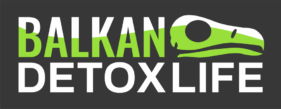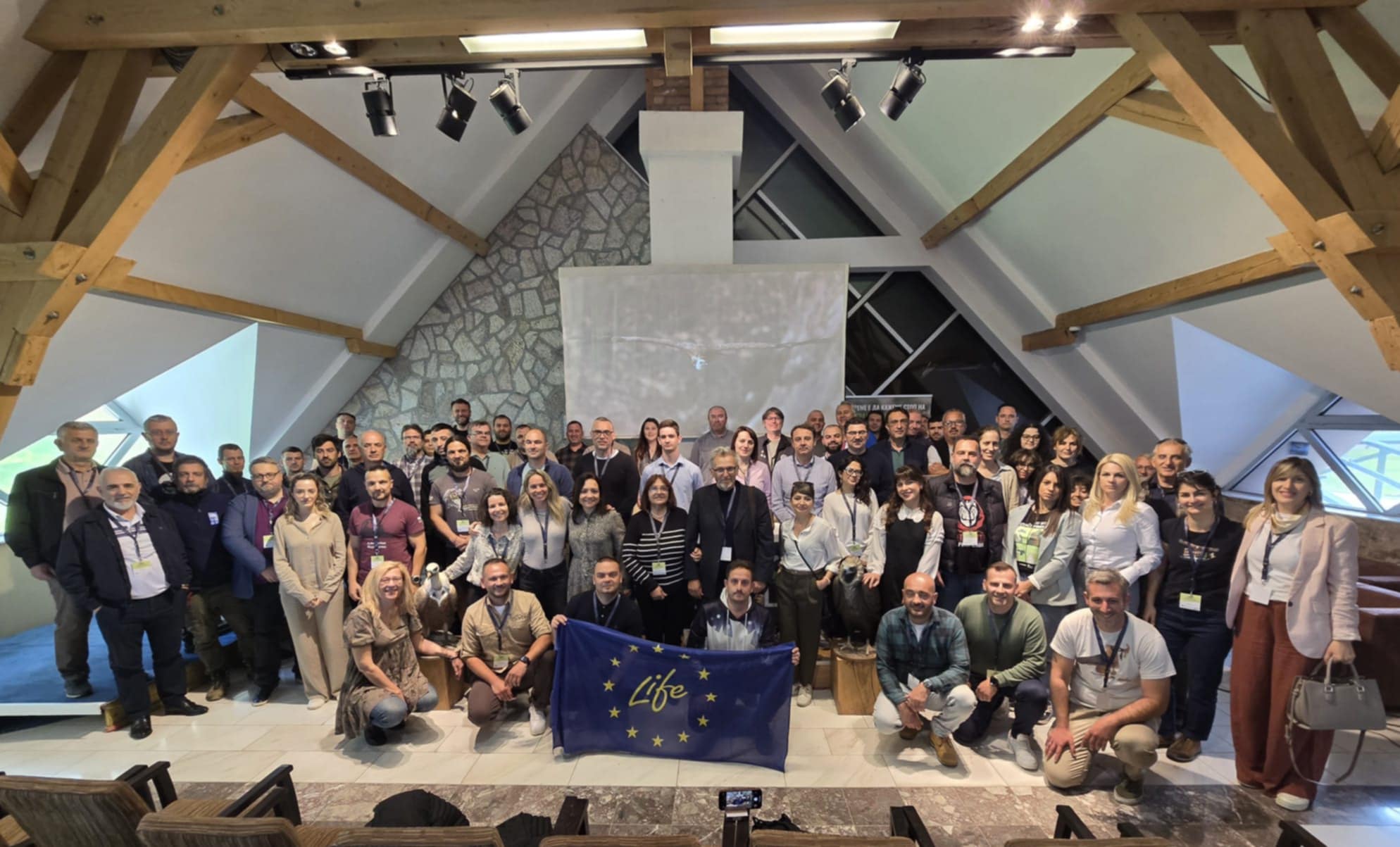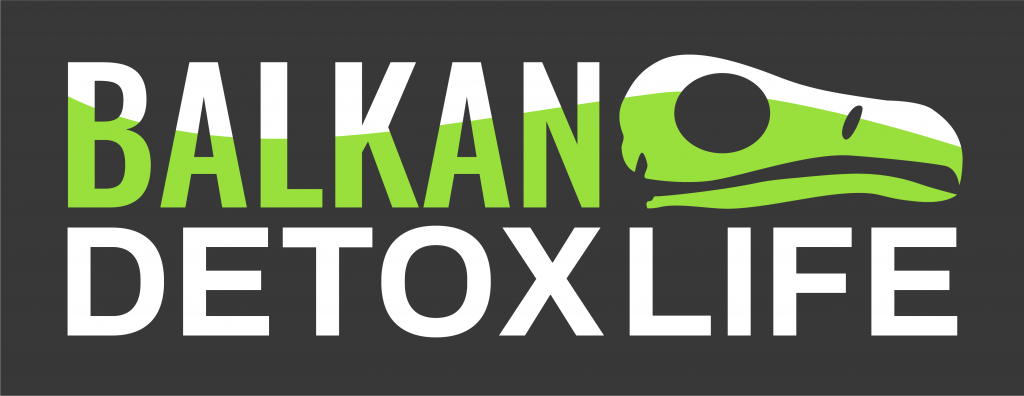From 20–22 May 2025, Sjenica, Serbia, hosted the Closing Conference of the BalkanDetox LIFE project, marking the final stages of a five-year international initiative to combat wildlife poisoning — the leading cause of vulture deaths in the Balkans. Around 85 experts, government officials, NGOs, and law enforcement representatives from across the region came together to build on the project’s achievements and reinforce future coordination in tackling wildlife crime.
Milestones achieved from a regional effort
Launched in 2020, BalkanDetox LIFE grew out of the earlier Balkan Anti-Poisoning Project. It set out to confront the long-standing, deeply rooted issue of illegal wildlife poisoning. This practice, often aimed at predators like wolves and jackals, has had catastrophic side effects — killing vultures and other protected species along the way.
Spanning seven countries — Albania, Bosnia and Herzegovina, Bulgaria, Croatia, Greece, North Macedonia, and Serbia — the project took a comprehensive approach: establishing National Anti-Poisoning Working Groups (NAWGs), developing investigation protocols, supporting legal reforms, organizing capacity-building trainings, and running broad public awareness campaigns.
To date, five out of six countries have developed Standard Operational Protocols (SOPs), officially adopted in Greece (2022), North Macedonia (2024), and Albania (2025). Bosnia and Herzegovina’s SOP is pending endorsement, while Croatia has integrated its version as official recommendations within its National Action Plan against Wildlife Crime.
Albania has formally approved its National Anti-Poisoning Road Map as a national action plan. North Macedonia and Bosnia and Herzegovina’s plans are awaiting approval, and in Croatia, the Ministry of Environmental Protection and Green Transition (MEPGT) has officially formed the National Action Plan against Wildlife Crime Committee (NAP committee). The road map for wildlife poisoning which was developed for the needs of the project will be integrated into the action plan.
Twenty-five vultures have been tagged under the auspices of the BalkanDetox LIFE project, and a regional online monitoring platform has been established, which monitors over 160 GPS-tagged birds across the Balkans. This action enables real-time monitoring and early-warning systems that have already helped prevent poisoning incidents
Since the first workshop in Madrid, 11 specialized sessions for prosecutors and judges have trained 164 participants, strengthening regional collaboration and prosecution strategies.
One of the project’s most transformative initiatives was the Wildlife Crime Academy (WCA), developed with Spanish authorities. Forty-four professionals across the Balkans completed the full three-module course to become certified wildlife crime experts. Graduates have since led national training programs, equipping over 570 police officers, prosecutors, veterinarians, and forestry officials with the tools to investigate poisoning cases effectively in their own countries.
National achievements
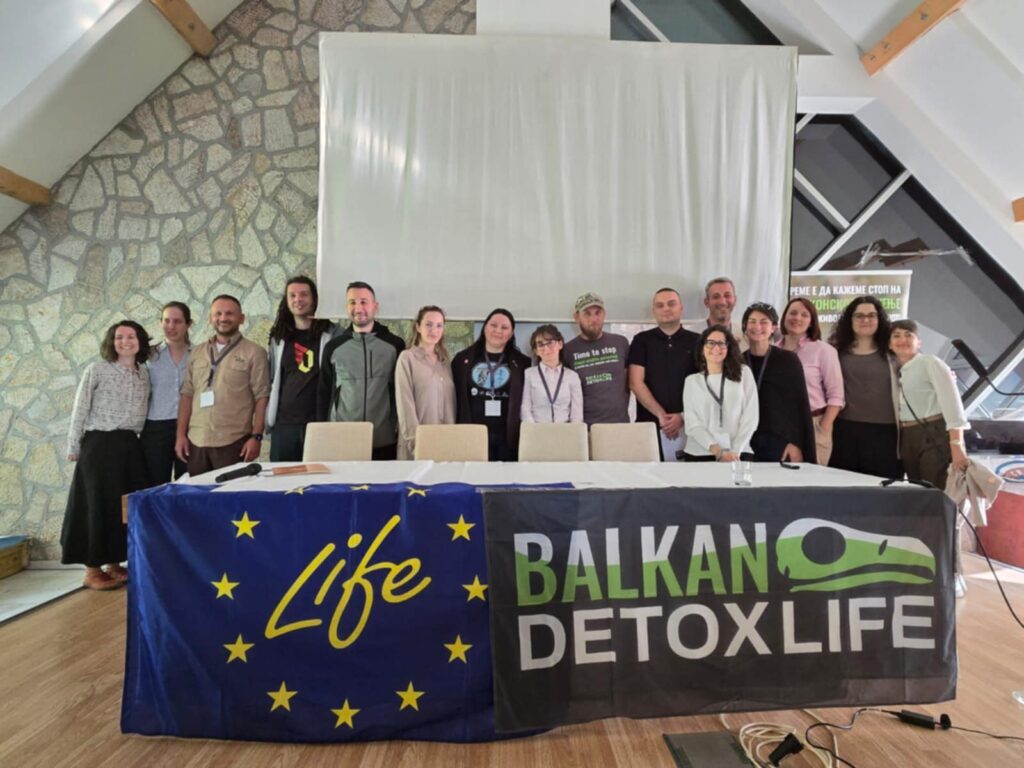
Each country involved showcased its own successes — and challenges — highlighting how shared tools were adapted to local needs.
In Albania, wildlife poisoning shifted from being largely ignored to becoming the only environmental crime with an official action plan. This came thanks to strong institutional collaboration, which also led to approved investigation protocols, a formal chain of custody for evidence, and national training sessions.
In Bosnia and Herzegovina, national training programmes have sparked deeper cooperation between institutions and educational workshops led to a better relationship with prosecutors and judges.
Croatia, with its long-running vulture conservation work, began developing a new national action plan.
Greece reported a staggering 602 poisoning and presumable poisoning incidents between 2015 and 2024. But it’s also where significant progress was made: broader satellite tracking, protocol endorsements, and the expansion of anti-poison canine units, more active institutional engagement. Collaboration with livestock breeders and widespread public campaigns helped prevent conflict-fueled poisoning incidents.
In North Macedonia, training programmes helped create clear protocols and rapid-response systems. An informal but active network of authorities now works together consistently, and rural education campaigns have paid off.
Serbia made major strides, with the Ministry of Internal Affairs forming a separate unit for suppression of environmental crime,, which led to three operations of illegal pesticide trade that resulted in multiple arrests and two convictions for wildlife poisoning. Law enforcement, veterinarians, and prosecutors received targeted training, while media campaigns reached an astonishing 20 million people each year.
Throughout the region, GPS-tagged vultures became essential allies. Their data helped pinpoint danger zones and enabled quick action. One powerful example: in North Macedonia, authorities removed a poisoned dog carcass just in time to prevent harm to 18 vultures — a real win for prevention and rapid response.
Wider regional lessons
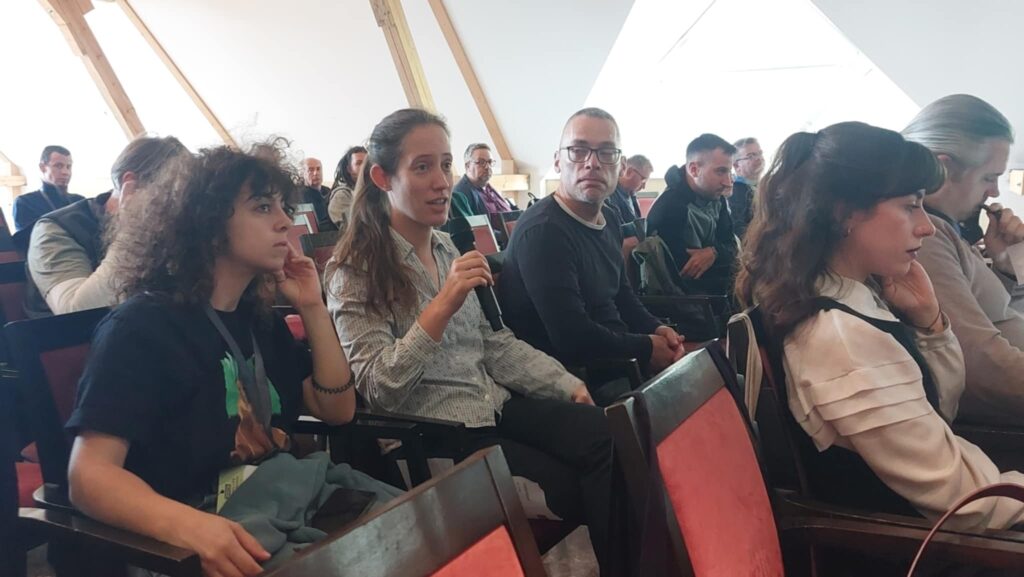
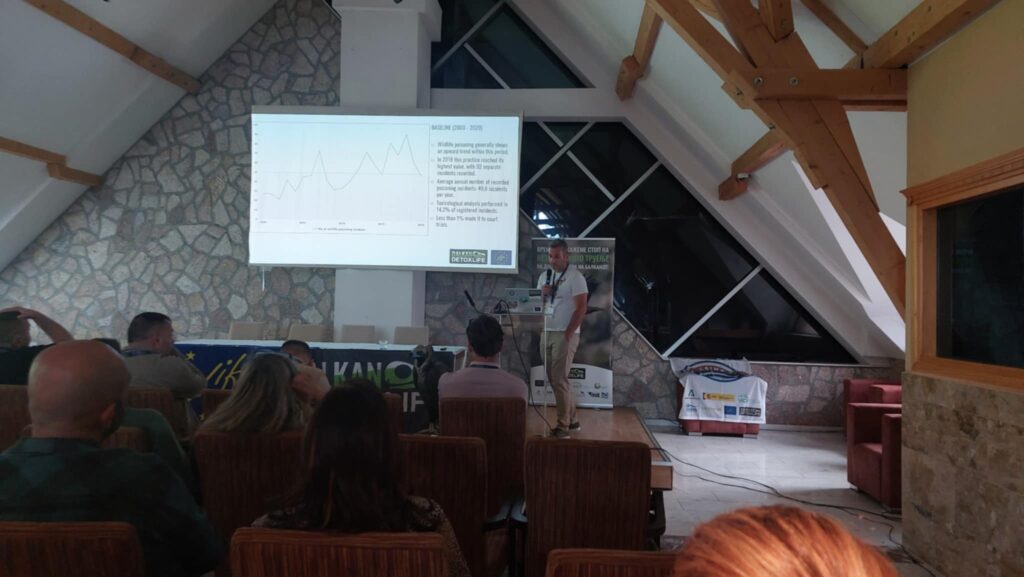
The conference also welcomed valuable contributions from countries beyond the core project group.
Cyprus shared an update on its efforts to combat poisoning. Thanks to new anti-poison dog units, GPS tracking, and stronger ties with police and prosecutors, poisoning incidents are better handled — though the country still faces challenges, especially with investigations and court cases.
In Bulgaria, a combination of dog units, GPS technology, and local outreach has moved the needle, even though no poisoning cases reached the Court. A new national action plan and improved toxicology capacity are steps in the right direction.
The human-wildlife conflict theme resonated strongly, especially for Greece and Serbia. Both nations are rolling out coexistence strategies involving local communities — everything from livestock guardian dogs and fladry fences to youth education and stakeholder networks.
In Croatia, rescue and release centres on Cres Island have cared for over 100 Griffon Vultures since 2016, and more than 40 have been fitted with GPS devices to monitor risks.
Romania offered a hopeful note by sharing updates on its ambitious vulture reintroduction programme in the Făgăraș Mountains, showing what’s possible for regional species restoration.
Where we are
It’s clear that through the years, the response to poisoning has changed. Between 2000 and 2020, just 6% of poisoning cases led to investigations — and less than 1% ended in prosecution. Fast forward to 2025, and 65% of cases are now being investigated, with more use of forensic necropsies and toxicology labs.
That said, big challenges remain. Many labs still lack the tools they need, and court cases are still the exception. Looking ahead, the WildLIFE Crime Academy 2.0 — a new project funded by the European Commission’s LIFE Programme — is set to train 1,000 more experts across Europe and North Africa, strengthening the continent’s capacity to fight back.
Looking ahead
The BalkanDetox LIFE project has truly changed the game. It built bridges between governments, conservation groups, and local communities. It brought a hidden crisis into the light and turned it into a recognized crime. Most importantly, it gave institutions the confidence and resources to take action — and gave vultures a real shot at survival.
What comes next will depend on the shared commitment of governments, NGOs, law enforcement, and everyday citizens. But thanks to the foundation this project laid, the Balkans are better prepared than ever to protect their wildlife from this serious threat — not just for vultures, but for the landscapes and people who rely on them.
